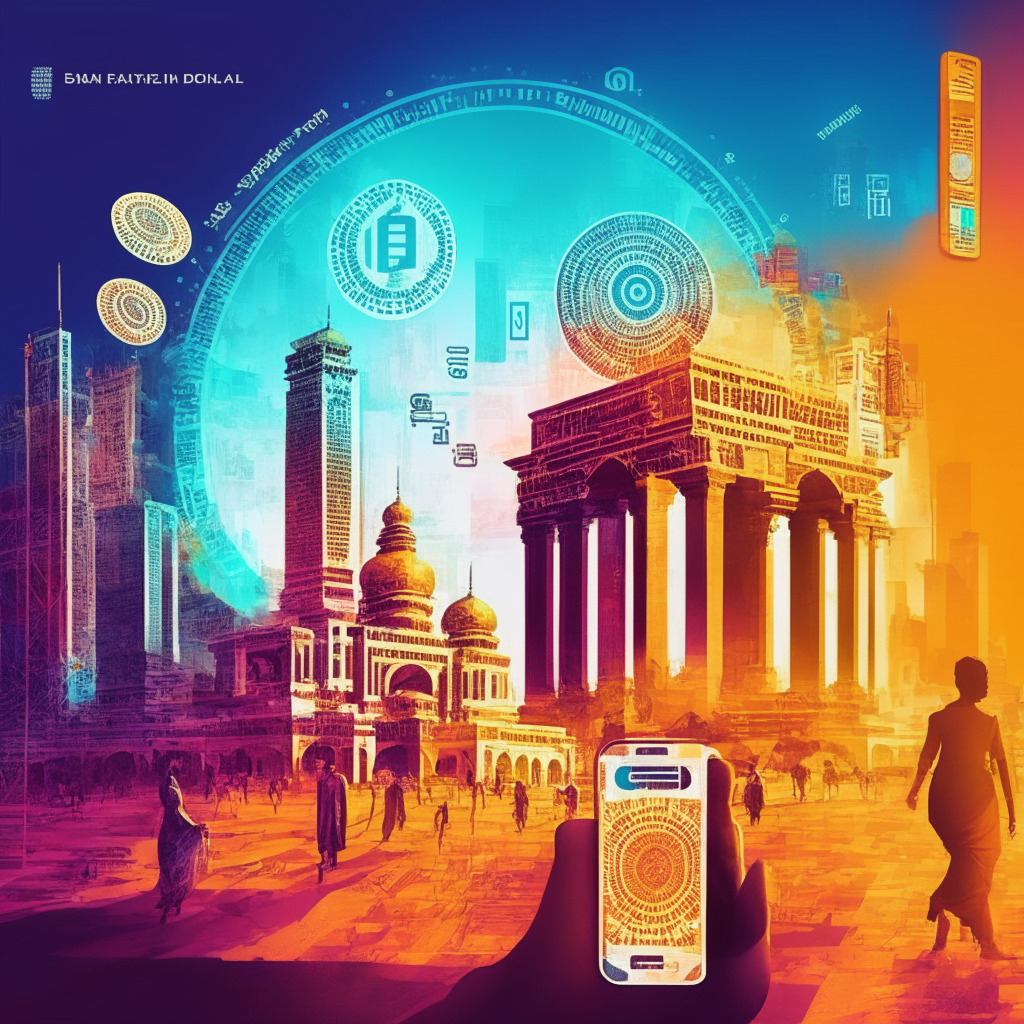Ensued by its launch on July 24, Worldcoin, developed by Tools for Humanity, continues to grab the sector’s attention for presenting its users a unique digital ID through an iris scan. This digital ID holds monumental value, allowing instant verification on an array of digital platforms, with a long-term vision to potentially allocate universal basic income (UBI). Today, many hold their breath, keenly observing its evolvement, and pondering over its approach to data collection.
Since its inception, Worldcoin has made promising strides, forming an alliance with Auth0 that positions a multitude of its clientele to sign in via World ID. The head of product at Tools for Humanity, Tiago Sada, optimistically anticipates these kinds of integrations will multiply in the forthcoming weeks and months. Notably, Worldcoin released its software development kit (SDK) on the previous Monday, further aiding any developers, alongside a binding with Discord.
As recounted by Reuters, Worldcoin harbors ambitious intentions of enlarging its service base to equip governments and organizations to harness its software. It’s crucial to note that Worldcoin’s nature as an open identity protocol, rooted in zero-knowledge proofs. It remains a choice for anyone who desires to employ it and everyone abides by the rules set by the protocol.
Naturally, concerns sourced from government authorities about data privacy and collection are arising, as is the case with any such service’s launch. For example, Germany’s data watch launched an inquiry into Worldcoin before its official launch last year.
While it journeys through its initial stages of development and growth, Worldcoin promises its potential users more integrations to come alongside enhancing the overall user experience in the coming days. However, the vivid problems of data privacy, verification issues, and the bleak market for artificial intelligence (AI) tools and applications affect the acceptance and trust for Worldcoin.
The fundamental question prevails – can Worldcoin deliver on its promises while facing these major obstacles? Realizing their dream might be an uphill battle, but the company remains hopeful, declaring that the world requires something like Worldcoin in the future. As Sada says, the hope is that this happens in a privacy-preserving decentralized, open-source, and permissionless way.
However, enthusiasm and optimism are not concrete determinants of future success. With the continuous emergence and development of AI tools, the landscape for tech startups like Worldcoin is ripe with both opportunity and challenge. As the crypto rollercoaster continues its wild ride, it remains to be seen whether platforms like Worldcoin can find their footing and make a lasting impact.
Source: Cointelegraph




